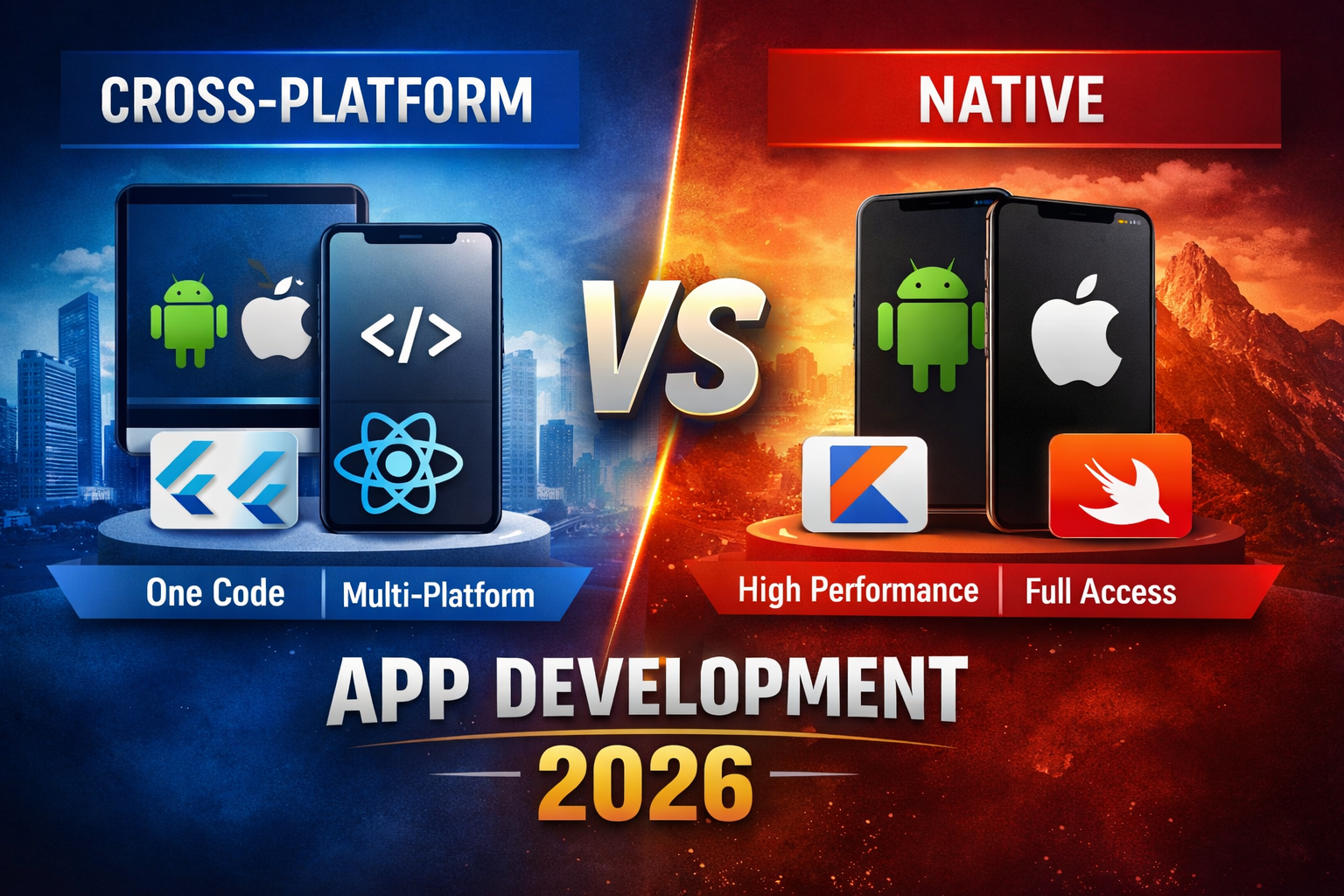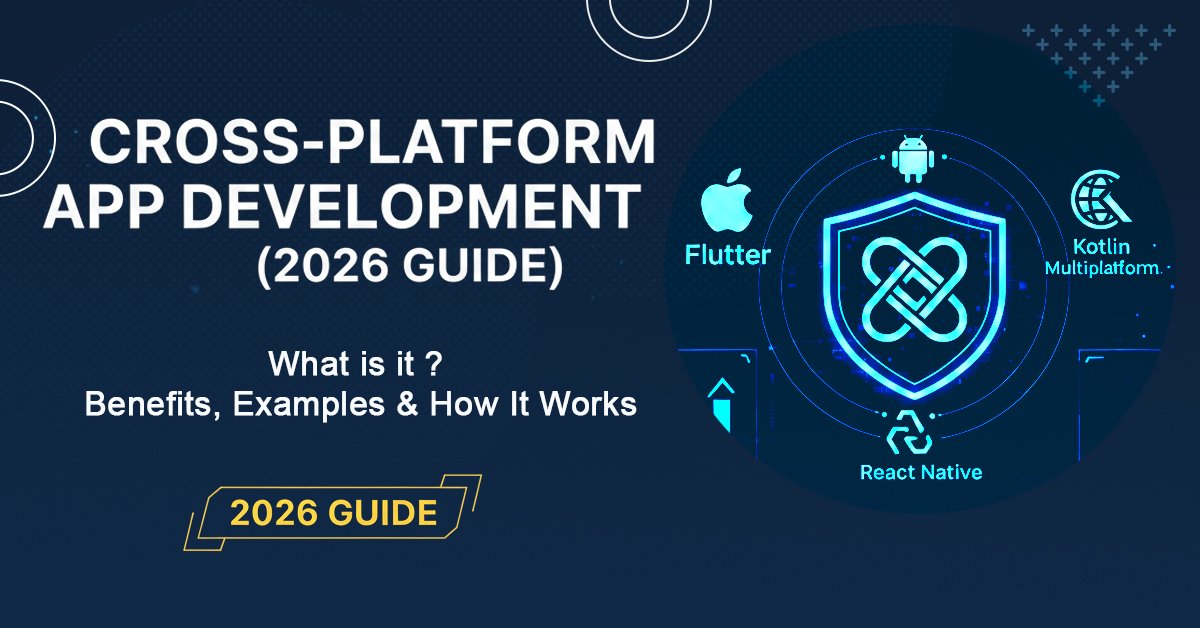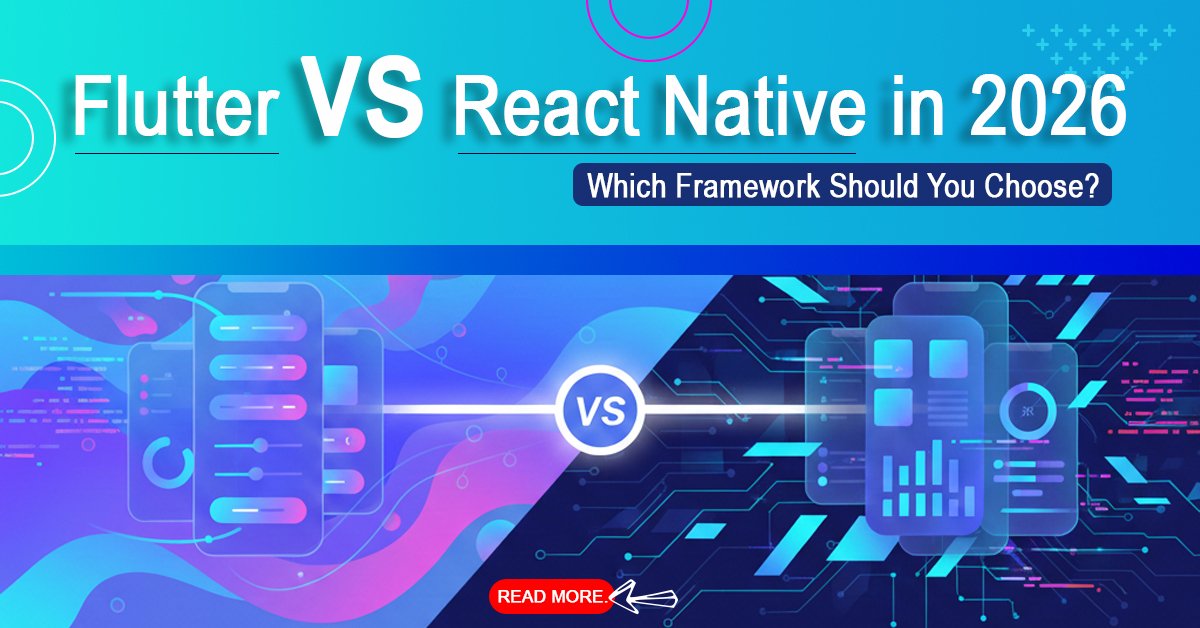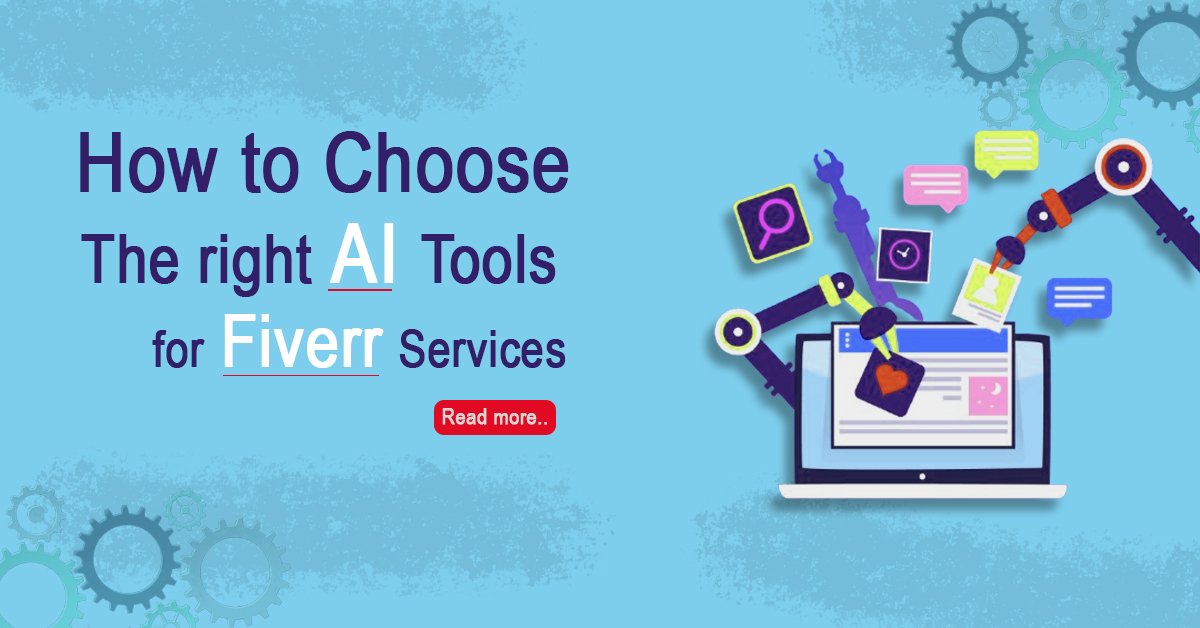- 1 AI in Gaming: Leveling Up the Industry
- 2 Smarter Game Design and Development with AI
- 3 Enhanced Players’ Experience with Artificial Intelligence
- 4 AI for Advanced Competitive Gaming
- 5 New Gaming Frontiers
- 6 Conclusion
- 7 FAQs
- 7.1 1. What is AI in gaming?
- 7.2 2. How does AI help game developers?
- 7.3 3. How does AI make games more fun for the players?
- 7.4 4. Will they become impossible given AI?
- 7.5 5. Will AI take jobs from game developers?
- 7.6 6. What are the downsides of the use of AI in gaming?
- 7.7 7. List a few games that make proper application of AI.
- 7.8 8. Is AI cheating in games?
- 7.9 9. How will AI change gaming in the future?
AI in Gaming: Leveling Up the Industry
Gaming is huge; AI is huge. What happens when the two get together? Pure magic. From a buzzword, artificial intelligence has now become a true and transformative force reshaping the gaming industry. Smarter game design, immersive player experiences, and competitive gaming have all been elevated to new heights through AI. With a projected value of around $11.4 billion by 2030 at a CAGR of 26.8% (Source: Grand View Research), AI is indeed changing gaming for the better, making players smarter, and providing brand-new ways to play, as discussed in this blog.
Smarter Game Design and Development with AI
The game itself is an enabler, making life much easier for a developer while also enabling creativity like never before.
Faster Content Creation
As one could imagine, creating textures, models, or animation for the game takes a fair amount of time. AI tools like NVIDIA’s GauGAN or Promethean AI help provide these tools to artists to create good assets in a few minutes, freeing time for some creativity. For example, AI could generate realistic landscapes or character models based on a simple sketch, relieving the burden on developers.
Automated Level Design
A level design has also seen its own metamorphoses. Many tools available for level design fit into the class of Procedural Content Generation (PCG), meaning they use algorithms to create levels, dungeons, and maps from scratch, allowing designers to focus on polishing actual gameplay mechanics rather than porting every single detail; a great example is Minecraft, which makes use of this procedural generation approach to essentially create a world with infinite uniqueness for the player to explore.
Streamlined Testing
Testing is an important but tedious part of making a game. AI can help find bugs and glitches much faster than any person could. One game developer claimed, “AI testing tools lowered our bug-fixing time by 40%, leaving us more time to polish the game.”
Enhanced Players’ Experience with Artificial Intelligence
Artificial intelligence has enhanced game development and has changed the way games are; players find it all the more appealing and engaging.
Game Experience Personalization
AI personalizes games for players. Such as: an AI-driven difficulty adjustment helps games avoiding annoying challenges. For example, Left 4 Dead utilizes AI to track the player’s performance and adapt in real-time enemy aggressiveness, allowing for fresh experiences.

From Predictable to Smart NPCs
The days when NPCs merely followed a script are over. Present AI creates characters that, upon observing the player’s actions, will respond ingeniously to such actions. In The Last of Us Part II, for instance, the NPCs are reported to remember what your strategy is and vary their own strategy, literally breathing life into the entire game world.
Changing Game Worlds
AI makes games worlds able to change dynamically depending on how the actions of players turn out. An example is Red Dead Redemption 2, where there are apparently realistic behavior of the animals and NPCs that make up a dynamic ecosystem. Games with content that changes from time to time have been said to have a 20% greater chance of keeping players engaged and playing.
AI for Advanced Competitive Gaming
Another area where AI has changed the face of gaming significantly is competitive gaming or esports.
AI-Powered Training Tools
AI enhances a player’s gaming prowess. Tools like Mobalytics go through an individual’s gaming altogether to provide personalized tips towards such one’s advancement in performance. These are tools that define metrics like reaction speed, accuracy, and decision-making and serve players hard-hitting insights to step up their skill sets.
Fair Play Enforcement
Cheating continues to be a huge problem across competitive gaming. Real-moment detection and banning of cheaters are ensured by AI-based anti-cheat measures as those of Valve VAC and Riot Games’ Vanguard. According to one surprising commentator on esports, “AI is the unsung hero keeping competitive gaming fair and fun for everyone.”
AI as Spectator and Commentator
Even AI is stepping into the spectator seat. Through such platforms as Jukedeck International and IBM Watson, gameplay analysis combined with live commentaries can be made readily available to fans via exciting presentation.
New Gaming Frontiers
AI fetters what games could be born or give birth to completely new genres and experiences.
Generative AI for New Game Mechanics
AI creates new game mechanics, rules, etc. An example of this is using AI Dungeon: it uses generative AI purposely to produce limitless storylines and quests, thus offering a unique experience every time you launch-the application.
AI Narration Assistance
AI is in potential ability to branch narratives with examples like Detroit: Become Human that tend to respond to player’s choices and makes the experiences unique and meaningful.
AI Companions
AI companions are almost now a necessity in modern games. Characters such as Cortana from Halo or even Elizabeth from BioShock Infinite learn along with the player, which leads to emotional bonding. 65% of players prefer such relatable games with AI-driven companions to real humans; players think that AI companions add more depth and realism to games.
Conclusion
With the assistance of Artificial Intelligence, gaming is undergoing a complete transformation involving game development, from inception to its virtual release. This way, developers can build better worlds that are richer and more immersive, while the AI offers personalized and dynamic experiences. This is the present-the gaming future is AI.
Actionable Takeaway: Spot the small ways in which AI enhances experiences the next time you play a game. Perhaps the NPCs have become smarter, or the worlds are more dynamic and personalized in challenges?
Final Message: AI is the future of gaming-and it has only just begun.

FAQs
1. What is AI in gaming?
AI in gaming does mean artificial intelligence that is used for the betterment of game development, enhancing user experience and experience-sharing in competitive gaming arenas.
2. How does AI help game developers?
AI allows developers to speed up content creation, automate level design, and simplify testing so their time can be spent creatively and innovatively.
3. How does AI make games more fun for the players?
AI personalizes game experiences, gives life to NPCs, and creates dynamic worlds that respond to player actions.
4. Will they become impossible given AI?
AI makes game level adjustments by assessing a player’s skill set. AI maintains the game at a level difficult enough for a player to enjoy and not so difficult to frustrate.
5. Will AI take jobs from game developers?
AI liberates game developers from mundane tasks while at the same time providing them a lot of space to embrace creativity and strategize.
6. What are the downsides of the use of AI in gaming?
Downsides could be over-dependence on AI limiting inventiveness and also bring forth some ethical issues like data privacy.
7. List a few games that make proper application of AI.
The Last of Us Part II, Red Dead Redemption 2, and AI Dungeon are the ones that come to mind first in the righteous use of AI.
8. Is AI cheating in games?
AI is not cheating but enhancing gameplay experience and ensuring fairness.
9. How will AI change gaming in the future?
AI will enable immersive, personalized, and dynamic gaming experiences basically breaking the limitations of what is conceivable in games.







